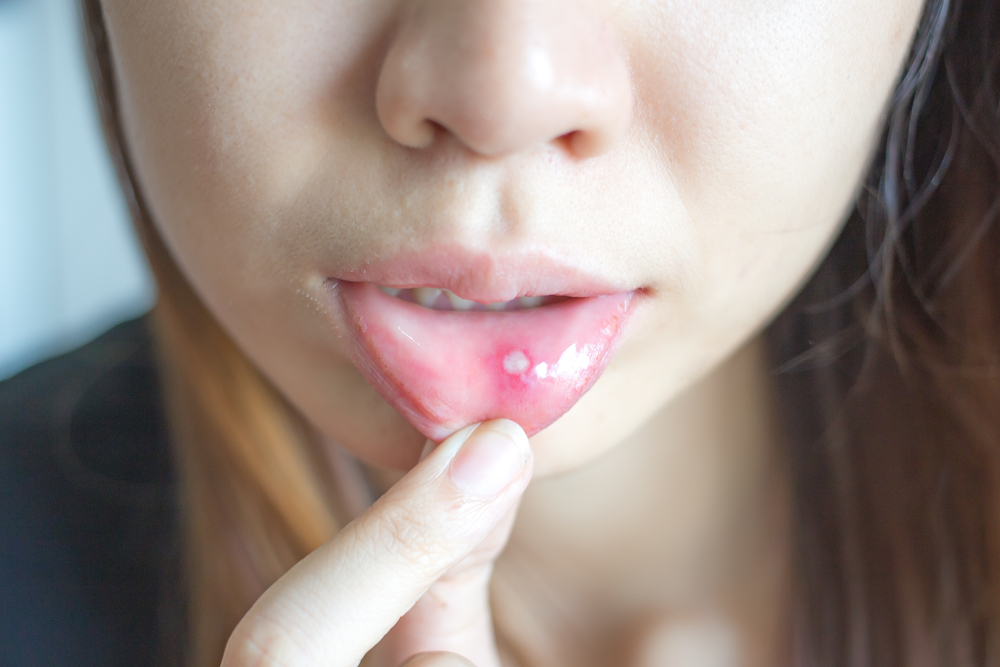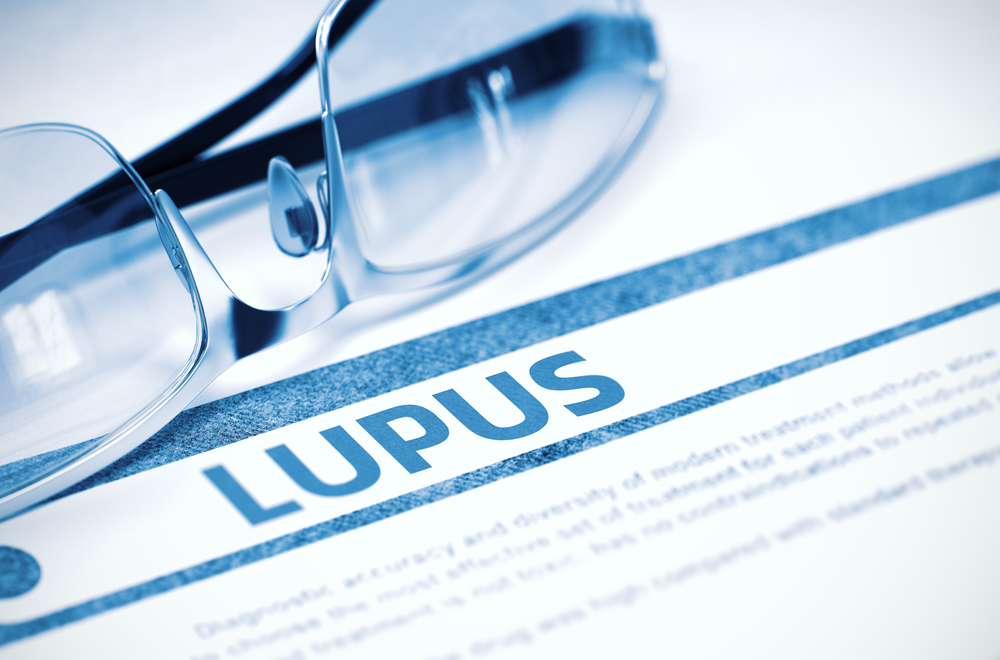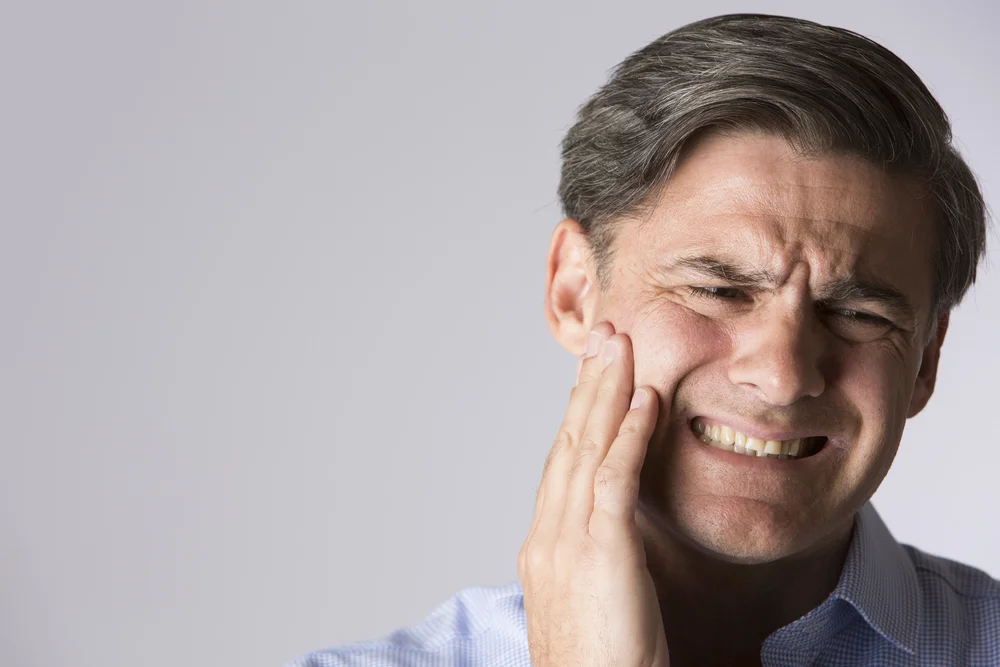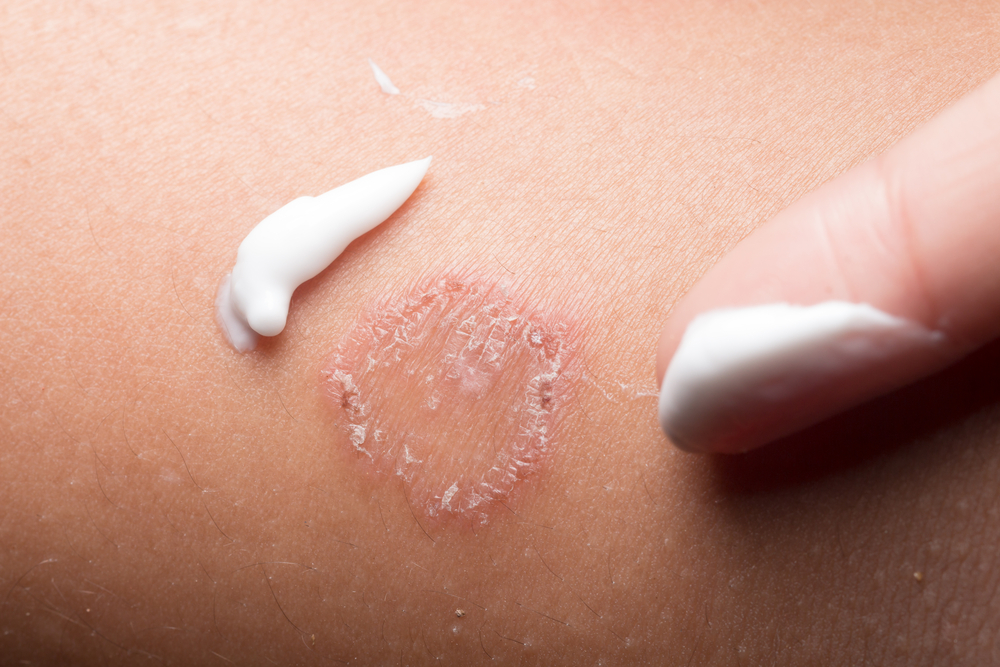- Cold sores and canker sores occur in and around the mouth, but they’re two totally different issues.
- Cold sores are caused by the herpes 1 virus, while the cause of canker sores remains a bit of a mystery.
- Both types of sores generally clear up on their own in two weeks or less, but there are a variety of treatments available if they don’t.
What is the difference between cold sores and cankers?
While cold sores may appear inside the mouth, they’re more often found on the skin surrounding it, especially the lips, mouth, and nose. Cold sores (also called fever blisters) can occasionally be found on other parts of the body, such as the cheeks or fingers. As the name fever blister suggests, cold sores are filled with fluid and look like tiny blisters or pimples; they have a tendency to cluster together. They may break and ooze and then scab over until they are healed, especially if you disturb them.
Canker sores occur exclusively within the mouth, usually appearing in the lining or roof of the mouth or on the tongue. They are small, shallow ulcers with a white center surrounded by a red border, and they don’t ooze or scab like cold sores do. They can make eating or talking uncomfortable, so if you’ve found these activities more painful than usual as of late, check your mouth for a canker sore.
What causes cold sores and cankers?
As the names cold sore and fever blister suggest, you’re more likely to get these if your immune system has been weakened by a recent bout of sickness. Just like colds themselves, cold sores are caused by a virus — the herpes simplex virus (HSV), to be precise. There are two types of herpes virus: type 1 or oral herpes (HSV-1, which causes cold sores), and type 2 or genital herpes (HSV-2).
While there’s a lot of stigma and mystery surrounding it, nearly 90 percent of adults worldwide are carriers of the HSV-1 virus. Most people acquire the virus in childhood, but since they can be asymptomatic (meaning they show no symptoms) many don’t realize they have it. Your first cold sore may appear long after you acquired the virus, or better, you may never experience symptoms at all.
Scientists aren’t entirely sure what causes canker sores, but patients report a variety of triggers as varied as emotional stress and menstruation. Stress or injury to the mouth (such as accidentally poking yourself with a sharp food or utensil) may also cause a canker sore to form, as can eating particularly acidic or citrusy foods like pineapples, lemons, and oranges.
Complex canker sores, which are more serious, are caused by a variety of conditions that suppress the immune system such as blood and immune system diseases (including HIV), vitamin and mineral deficiencies, allergies, trauma, Crohn’s disease, and Lupus.
>> If you suffer from swollen lips, it may be caused by sunburn, allergies, or infection. Learn more about the potential causes of your swollen lips
Are cold sores or cankers contagious?
Cold sores are contagious through any kind of oral contact, which includes kissing and sharing food or makeup. According to the World Health Organization, “HSV-1 can be transmitted from oral or skin surfaces that appear normal because there are no symptoms present. However, the greatest risk of transmission is when there are active sores.”
Saliva can carry the virus just as the skin does, so if someone you know is exhibiting signs of a cold sore, don’t drink or eat after them. Finally, HSV-1 can also be transmitted to a partner through oral sex; while it mostly affects the mouth area, HSV-1 can also affect the genitals, although its symptoms tend to be milder than HSV-2.
Canker sores, on the other hand, are not contagious. This is because they’re most likely caused by physical triggers or immunodeficiencies, not a virus. They cannot be spread through oral contact, although a canker can certainly make activities like kissing uncomfortable, depending on how severe it is.
How do you treat cold sores and cankers?
Cold sores generally go away within 7 to 10 days. If they’re painful, you can apply a cold compress to the sore or try over-the-counter painkillers like acetaminophen. Over-the-counter cold sore creams and aloe vera gel should also help keep the skin soft as it heals. Keep an eye out for an increase in irritation; if a product seems to be aggravating the cold sore further, stop using it.
If you have a history of cold sores and get them frequently, you might want to ask your doctor about getting an antiviral prescription to keep on hand. Only available by prescription, antiviral medications come in two forms: topical creams and pills. They stop viruses from replicating, which in turn keeps cold sores from developing, or at the very least speeds up their healing time.
Canker sores often go away on their own in two weeks or less, and most don’t require treatment. However, if a sore is especially large or painful, you might need to try over-the-counter remedies or even seek medical attention. Pastes, creams, gels, or liquids can speed up the healing process and/or reduce pain, as can specialized mouth rinses. If you have a canker sore that doesn’t respond to topical treatments, your doctor can prescribe a steroid or another oral medication for you instead.
In extreme, recurrent cases, your doctor may recommend treating your canker sores with a low-level laser. Cankers targeted with a low-level laser heal faster than they would otherwise, plus many patients experience immediate pain relief during treatment.
How do you prevent cold sores and cankers?
The best way to prevent a cold sore is to never contract the virus in the first place. If you know someone who has a cold sore, refrain from kissing them, sharing food, drinks, or makeup, as well as any other activity that could expose you to their saliva. Because colds and other illnesses can make you more likely to get a cold sore due to your lowered immune system, be careful not to tax yourself if you start feeling worn down. Get plenty of rest, drink lots of fluids, and try to stave off the sickness before it starts.
Sun exposure can make your skin more sensitive and prone to developing cold sores, so try to limit your time in the sun and wear sunscreen and lip balm whenever you are outside. However, don’t wear lipstick, lip liner, or any product other than lip balm if you think a cold sore might be coming on. If you did use any of these products the last time you had a cold sore, you should throw them out to avoid reinfecting yourself with the virus.
Canker sores can be prevented by avoiding injury to the mouth and any known triggers. Be careful while eating sharp foods such as chips, and skip any acidic or citrusy foods like pineapple if they have a history of irritating your mouth. Staying in good health generally — such as monitoring your vitamin levels and avoiding allergens — will also reduce your risk of developing a canker sore.
Neither cold or canker sores are fun to contend with — but understanding their differences will help put you on the right path towards treating and preventing them in the future. While both types of sore usually resolve on their own, should you experience recurrent or painful mouth sores it’s recommended that you consult a doctor about prescribing a more comprehensive treatment.
If you believe your canker or cold sores need more help than over-the-counter products can offer, your doctor will be able to write you the appropriate prescription and provide you with additional information on how best to treat them.









